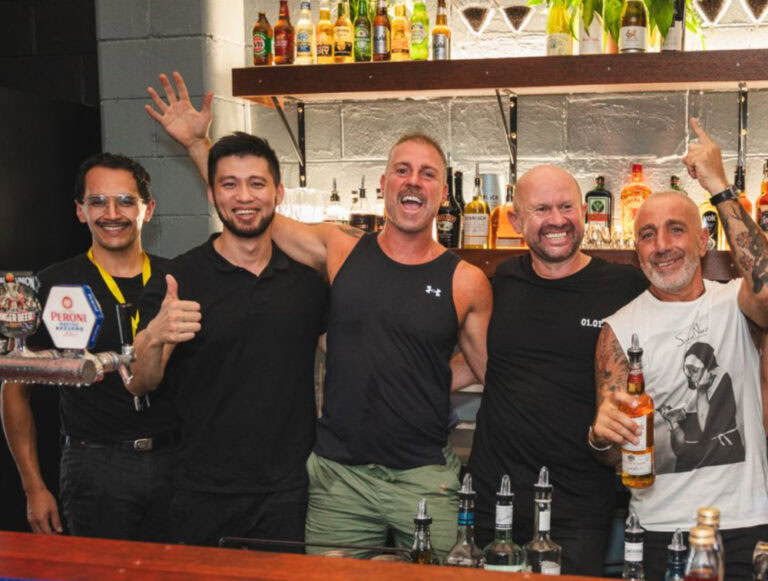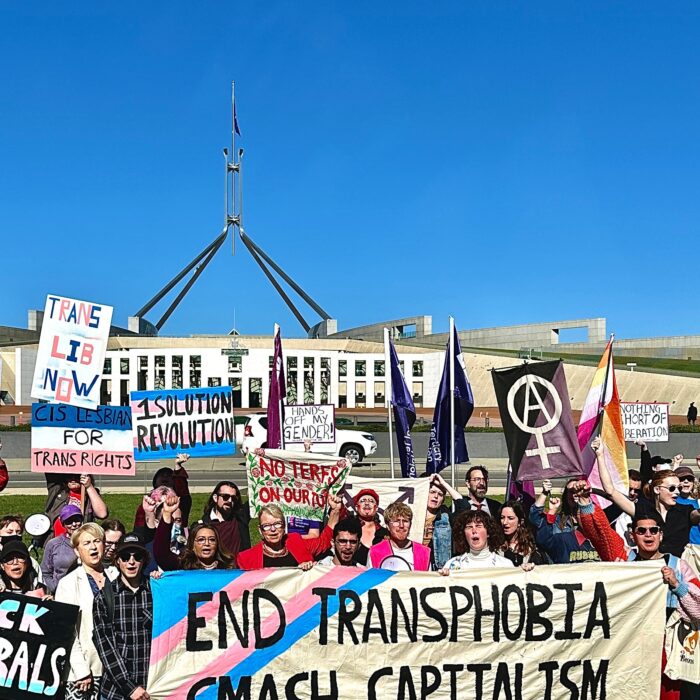
Rugby League Follows FINA Decision To Ban Trans Athletes In Women’s Matches

Rugby League has banned trans athletes from competing in international events, including in this year’s World Cup, which is set to be held in England.
The International Rugby League (IRL) announced that players who have transitioned from male to female will be refused permission to play in sanctioned women’s international rugby league matches until further notice. This ruling came a day after the world swimming body FINA banned transgender swimmers from participating at a women’s-elite competition level.
Transgender women have already been prevented from playing at an elite level since rugby union’s governing body World Rugby instituted a ban in October last year.
LGBTQI advocates said that blanket bans on transgender women violated fundamental human rights principles.
Not A Gender Issue, Claims IRL
IRL Chairman Troy Grant described this decision as “not a gender issue”, but a decision made to protect women athletes.
“Women’s rugby league is the most physical contact sport and skilful sport for women in the world. Player safety is our paramount concern, and we don’t have enough information at this time to allow transgender participation,” Grant said.
FINA Votes To Restrict Transgender Swimmers From Competitive Swimming
The IRL explained its reasoning behind the decision and cited the International Olympic committee’s (IOC) ruling last year which had published counsel regarding eligibility rules and called for evidence to prove when advantages in performance would exist during competition. The IOC ruling also determined that it would be up to individual sporting bodies to create policies around athlete participation.
“In the interests of avoiding unnecessary welfare, legal and reputational risk to International Rugby League competitions, and those competing therein, the IRL believes there is a requirement and responsibility to further consult and complete additional research before finalising its policy,” an IRL statement said.
Blanket Ban Harmful
We have today warned International Rugby League and other sport governing bodies considering blanket bans on women who are trans competing against other women that they risk violating fundamental human rights principles. https://t.co/YOaxzqhdw5
— Equality Australia 🌈 (@EqualityAu) June 21, 2022
CEO of Equality Australia Anna Brown criticised the stance taken by the IRL and warned other sports governing bodies that blanket bans against trans women risked violating fundamental human rights principles.
“As sporting bodies consider their positions, they must put the human rights of all athletes front and centre, paying special consideration to the rights of trans people to be able to compete fairly at an elite level with others of their gender to the maximum extent possible.”
“For powerful international sporting bodies such as FINA or International Rugby League to determine that only a particular type of woman can compete against other women sets a dangerous precedent, increasing discrimination against trans women,” Brown said.
The IRL said that it would work alongside the eight nations competing at the women’s Rugby League World Cup in November this year to inform a transgender policy for 2023.
Australia’s NRL Yet To Respond
The governing body of Australia’s domestic National Rugby League (NRL) have yet to respond to the international ban and said that it was still developing its own transgender policy. Australia’s delegates to the IRL are Australian Rugby League (ARL) commissioners Peter Beattie and Wayne Pearce.
Brown urged IRL to prioritise consultation in its policy development process, “International Rugby League and other sporting bodies must consult with affected people and provide a detailed explanation of the evidence they are relying upon before they exclude players from the sports they love.
“Given the small number of trans athletes, the international principle of proportionately justifies taking a case-by-case approach – rather than imposing a blunt and harmful ban on everyone, no matter their differences,” said Brown.
If you feel distressed reading the story, you can reach out to support services.
For 24 hour crisis support and suicide prevention call Lifeline on 13 11 14
For Australia-wide LGBTQI peer support call QLife on 1800 184 527 or webchat.









